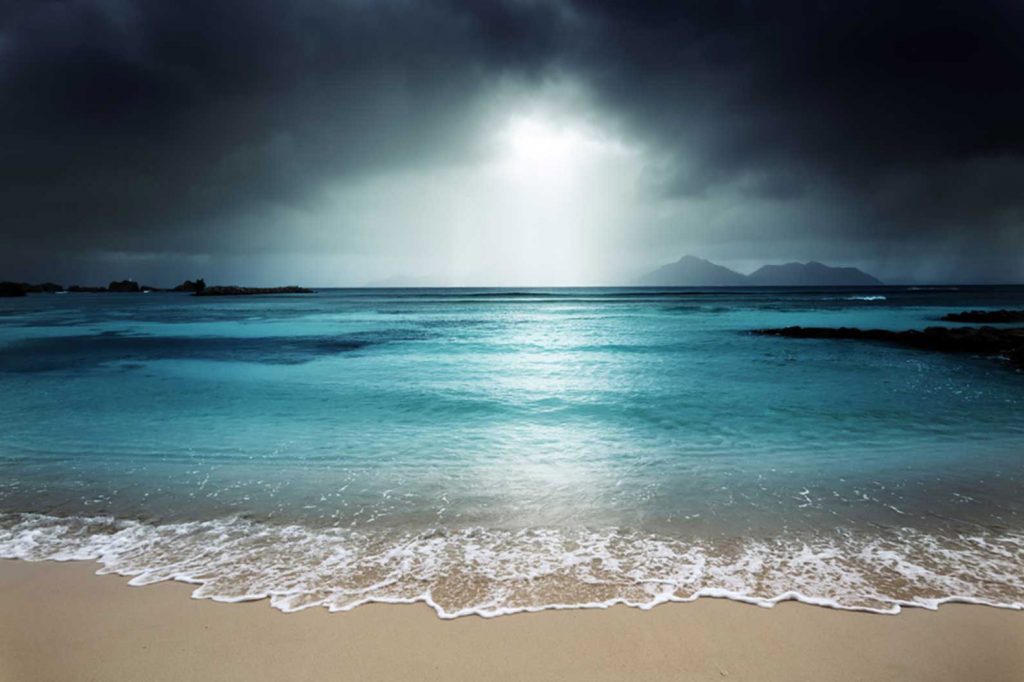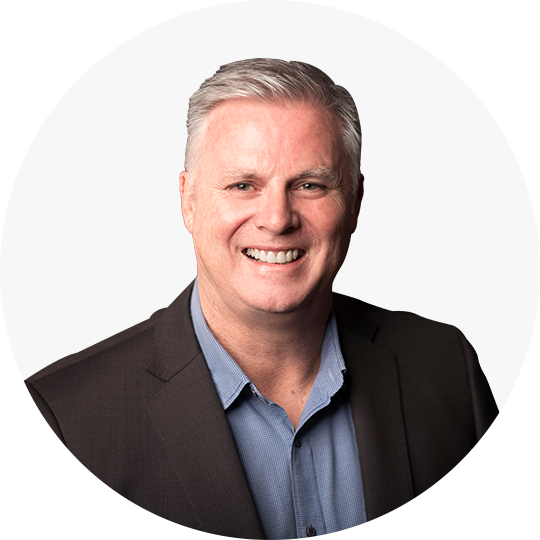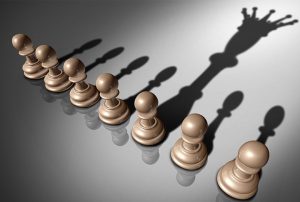In Margaret Wheatley’s book, Leadership and the New Science, she challenges traditional perspectives on achieving balance, or equilibrium. She shares the following story –
The daily news is filled with powerful changes, and many of us feel buffeted by forces we cannot control… I listened one night to a radio interview with a geologist whose specialty was beaches and shorelines. The interview was being conducted as a huge hurricane was pounding the Outer Banks of the eastern United States… The interviewer asked: “What do you expect to find when you go out there?”
Like the interviewer, I assumed he would present a litany of disasters – demolished homes, felled trees, eroded shoreline. But he surprised me. “I expect,” he said calmly, “to find a new beach (Wheatley, 2006, pp. 137).
A life that is immune from chaos, disorder, disturbance and disequilibrium, says Wheatley, does not allow us to be recipients of new information that has the potential to foster growth and new life, thereby leaving us empty and one step closer to death.
She challenges our pursuit of balance and comfort where we largely seek to minimise change, claiming that equilibrium has become a prized goal in adult life. She argues that to pursue such a state leaves us without the energy and drive to respond to change leaving us with no capacity to grow (Wheatley, 2006, pp. 75). Consequently, we feel it is sometimes easier to not forge ahead or take risks, but to return to a place of comfort.
This leads us to the importance of evaluating how we currently react to change; understanding that we can sometimes become so fixated on the one factor that is pressuring change, that we miss the whole. In a self-fulfilling way we see a disastrous, or unwanted result rather than potential growth from processing new information and the new relationships that may result from it. We can’t see the benefit beyond the immediate chaos and confusion. We don’t see a new beach.
What’s the bottom-line?
Whether we experience tragedy or chaos as a person, or find ourselves in a context where change is rampant or imminent, we can choose how we process change. We do this by asking what we want to learn from it and sometimes even appreciate why change might be necessary. The key is to embrace it, not avoid it or use all our energy trying to keep it at bay.
There are many people (and businesses) in crisis. Not because they lack the resources or potential to change, but because they have become wearied by the energy it takes to preserve itself in that state where they lack the ability and capacity to look beyond the storm to the new beach.
I find myself questioning whether I, too, am more comfortable with preserving my current context rather than seeing new challenges as opportunities for growth, new beginnings, and greater success.
Perhaps it’s time for me to take a walk along a new beach!
References
Wheatley, Margaret. (2006). Leadership and the New Science. San Francisco, Berrett-Koehler Publishers.




